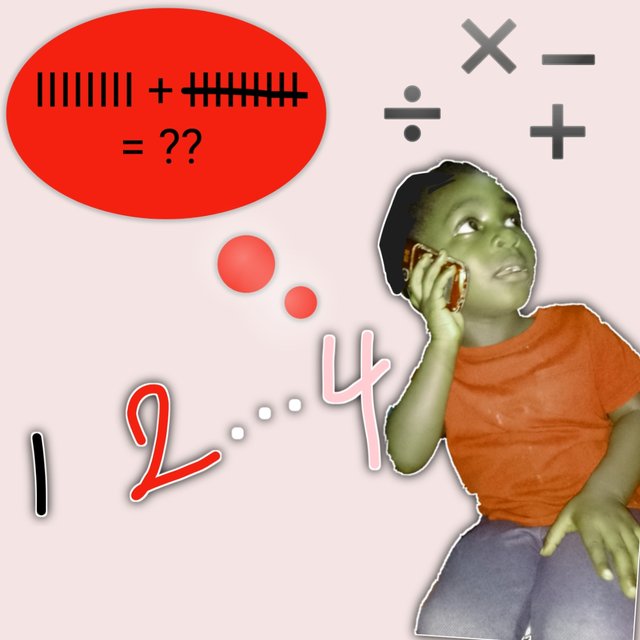
Every human being has the innate ability to acquire intelligence beyond average. When nurtured in the right way from an early stage, they tend to grow smarter. Psychologists have identified different types of intelligence which include social Quotient, emotional IQ, Intelligence Quotient and Adversity Quotient. I will give you two scenarios of my life experiences and what I learnt from them on how to make children think smart.
Scenario 1:
As I watched my sister grow, I observed that she was a precocious child. She has always had an excellent academic record, self-consciousness and maturity. It could have been as a result of having an intelligent mother as scientific discoveries have presumed but I believed that there is more to it.
Scenario 2:
My little cousin has never been a bookworm. He would rather spend time doing some other fun activities than reading. As a child who loved helping other children improve academically, I tried every approach I knew but it only made the little boy cry at the sight of a book. The good news is that two years ago, the baton changed. My little cousin now makes it a duty to invite all his friends, place a bell, table, chalk and chair for me to teach them whenever I come around. He knew how to read a few months after.
What I observed after these events
- Children can only grow by learning.
Kids are naturally curious. The earlier they are taught and made to understand things, the better. I have observed that smart kids are mostly kids who start learning early. This applies to both formal and informal education (i.e. school and society in general). It is best to teach them all they need to know now, not Iater.
Take for instance:
A child is not taught how to use a potty at a young age. Chances are that they will have difficulties adjusting to this immediately or later.
What to note:
Children understand almost everything especially emotions. They might not know the cause but they are aware that something is going on which they will find out in a matter of days. Watch out!
- Consistency is the key

Source
Every child has his or her pace. They might not produce results immediately but they are learning equally.
- The power of the sound of music

Source
A study has proven that kids who know how to play musical instruments or interpret music tend to be very intelligent. I read this somewhere some years ago and I think it worked for Chiboy too because I observed an improvement during the period he learnt how to play the drums. He became more focused and committed to both his studies and every other aspect of life.
- Find their strength

Source
What works for one child may not work for the other. My little cousin loved having fun and so I had to become his playmate to get his attention. By joining him to toss a ball, I taught him how to count. We also learnt colours too. Now he remembers these things from the activities we do, something that I could not achieve in a classroom setting.
Note that all these apply to the total wellbeing of the child academically and otherwise.
Inviting @esusaviour to join in the contest.
10% payout to @steemkidss
My Achievement one post is here
Touché.
Every child learns at their own pace. It's important to find the best learning methods that suits each child, and to do so at their early age.
Downvoting a post can decrease pending rewards and make it less visible. Common reasons:
Submit
You've done well in participating. I must commend you for that. I can't say I didn't learn from your work, ofcourse I did. Thanks for participating.
You've been selected as one of the participants.
Downvoting a post can decrease pending rewards and make it less visible. Common reasons:
Submit
Thank you
Downvoting a post can decrease pending rewards and make it less visible. Common reasons:
Submit